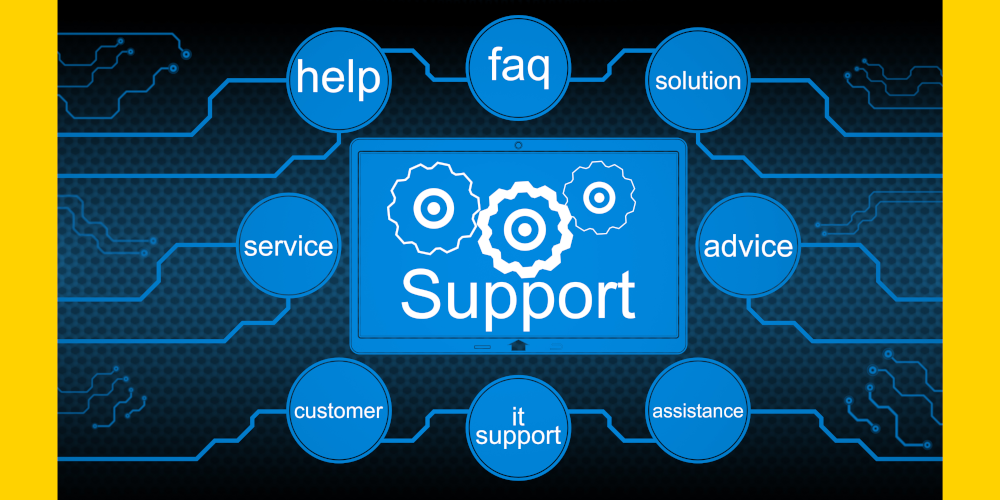
Unlocking Success: The Art and Science of Website Maintenance
Why Website Maintenance Matters
Picture this: you’ve built a stunning website that captures your brand’s essence perfectly. It’s bringing in visitors, generating leads, and driving sales. But as time goes by, technology evolves, and cyber threats become more sophisticated, your website can begin to lose its lustre. This is where website maintenance steps in as the unsung hero.
Security Shield
Just as you’d lock the doors of your physical store at night, your website needs protection too. Regular maintenance updates, like WordPress, themes, and plugins, form a digital defence system against cyberattacks. Think of it as a virtual moat around your castle, fending off potential hackers and safeguarding sensitive data.
Speed Boost
Smooth User Experience (UX)
Ever stumbled upon a broken link or an error page on a website? It’s like finding a pothole on a well-travelled road – frustrating and off-putting. Regular maintenance sweeps out these digital glitches, ensuring every click leads exactly where it should. Seamlessness isn’t just a convenience; it’s a mark of professionalism that builds trust.
Stay Ahead of the Curve
Technology evolves at a dizzying pace, and your website must keep up to stay relevant. With routine maintenance, you’re not just fixing bugs – you’re also adding new features, improving compatibility, and embracing the latest trends. An up-to-date website signals that your business is forward-thinking and committed to providing the best user experience.









